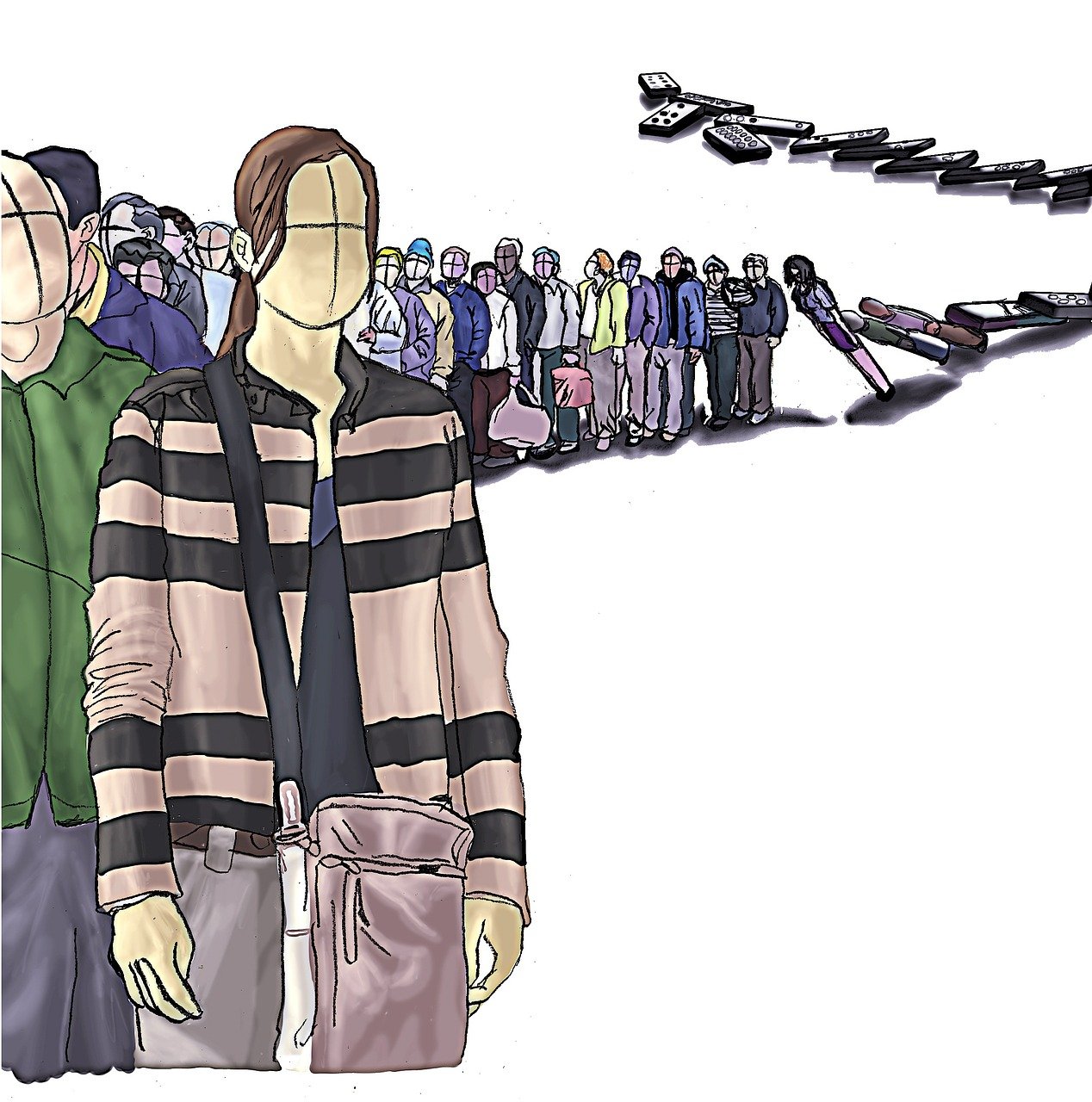 A new week brings new immigration news. Recently, a federal judge issued a temporary injunction blocking part of a Florida law that imposes criminal penalties on those who transport undocumented immigrants into the state of Florida, classifying such actions as felonies.
A new week brings new immigration news. Recently, a federal judge issued a temporary injunction blocking part of a Florida law that imposes criminal penalties on those who transport undocumented immigrants into the state of Florida, classifying such actions as felonies.
The order was made in response to a lawsuit filed by the Farmworker Association of Florida and seven individuals who feared traveling in and out of the state of Florida with undocumented friends and family members due to Florida’s controversial law.
In his ruling, Judge Roy Altman indicated that the Florida law is likely unconstitutional because the supremacy clause places the regulation of immigrants under the purview of the federal government.
In his preliminary order, the judge stated that Florida’s law is preempted by the federal government, “By making it a felony to transport into Florida someone who ‘has not been inspected by the federal government since his or her unlawful entry,’ [the law] extends beyond the state’s authority to make arrests for violations of federal immigration law and, in so doing, intrudes into territory that’s preempted.”
The judge further stated that any harm created by the injunction is outweighed by the harm suffered by the plaintiffs and the federal government. As a result, the Florida law will be halted until the judge rules on the merits of the case.
 Visa Lawyer Blog
Visa Lawyer Blog










